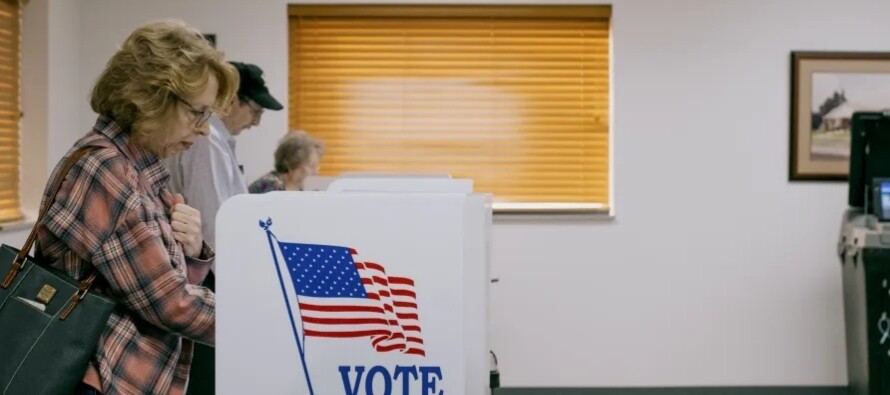
The rejection of Hillary Clinton and Kamala Harris has highlighted an uncomfortable backdrop in American society: women do not always agree on what constitutes a forward or backward step in terms of rights. Tiffany Justice, co-founder of Moms for Liberty, a conservative organization, believes that Trump's election represents the liberation of women from a so-called dark feminism, which for her is the true expression of American feminism.
In the days following the elections, a fracture in femininity has been perceived. Activists like Steinem have offered practical advice to women worried about a possible regression in women's rights, urging them to focus on workplace equality and treat their daughters and sons equally at home.
Despite Trump's history of sexism, many women voted for him in the elections, leading to speculation and analysis among experts and women themselves. The results showed that a considerable percentage of women, including white women, voted for Trump, generating debate and even internal criticisms among women of different political trends.
Feminism in the United States has evolved over time, with significant advances in various spheres. However, Trump's election, with its divisive rhetoric and questioning of gender equality, has highlighted that women do not form a homogeneous block regarding their interests and political perspectives.
Recent elections reflect a fracture in the perception of what women want from political leaders. Some valued Trump's support for mothers, while other conservatives expressed concern about movements advocating for the rights of transgender individuals. The diversity of opinions and priorities has led to a scenario where women have failed to reach a consensus on their political demands and desires.
The history of feminist activism in the United States shows that women have not spoken with one voice over time. The diversity of experiences and perspectives has generated divisions within the feminist movement and in society at large. At key moments in history, powerful women have defended positions contrary to gender equality, underscoring the complexity of the struggles for women's rights.
The electoral contest has exposed the differences among women, challenging the notion of a sisterhood based solely on gender. The electoral results show that women have not united around a common candidate or platform, leading to reflections on the diversity of opinions and values that exist among American women.
Despite advances in gender equality, challenges such as discrimination and wage inequality persist, leading some women to support political stances they believe favor their families. The lack of consensus among women on issues such as parenting, work, and political participation reflects the complexity of feminine identities and experiences in today's society.
The presidential elections have sparked debates about the role of women in politics and society, demonstrating the multiple perspectives and priorities that exist among American women. Despite the differences, women have played fundamental roles in the country's history, contributing to the struggle for equality and justice for all.














